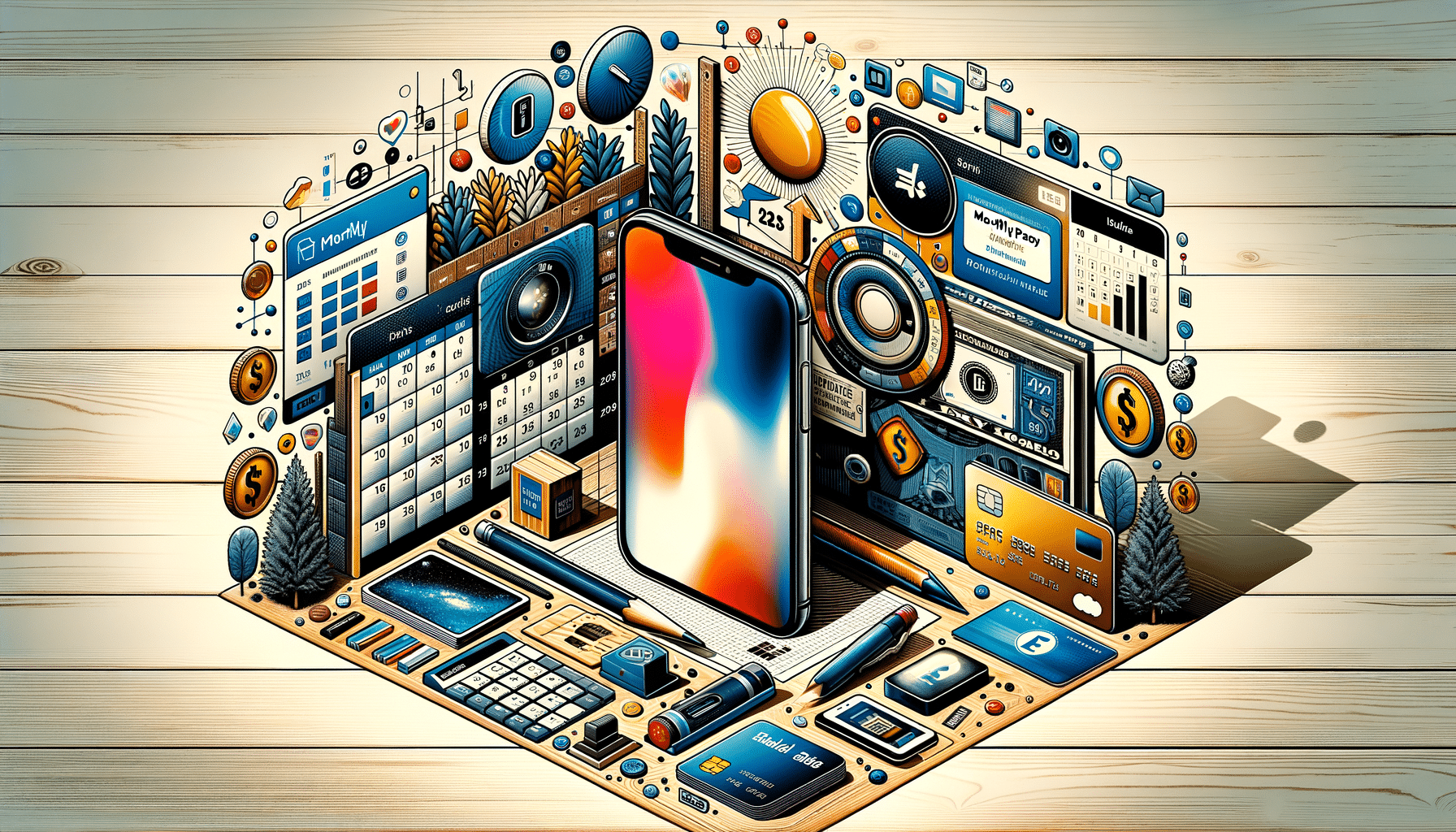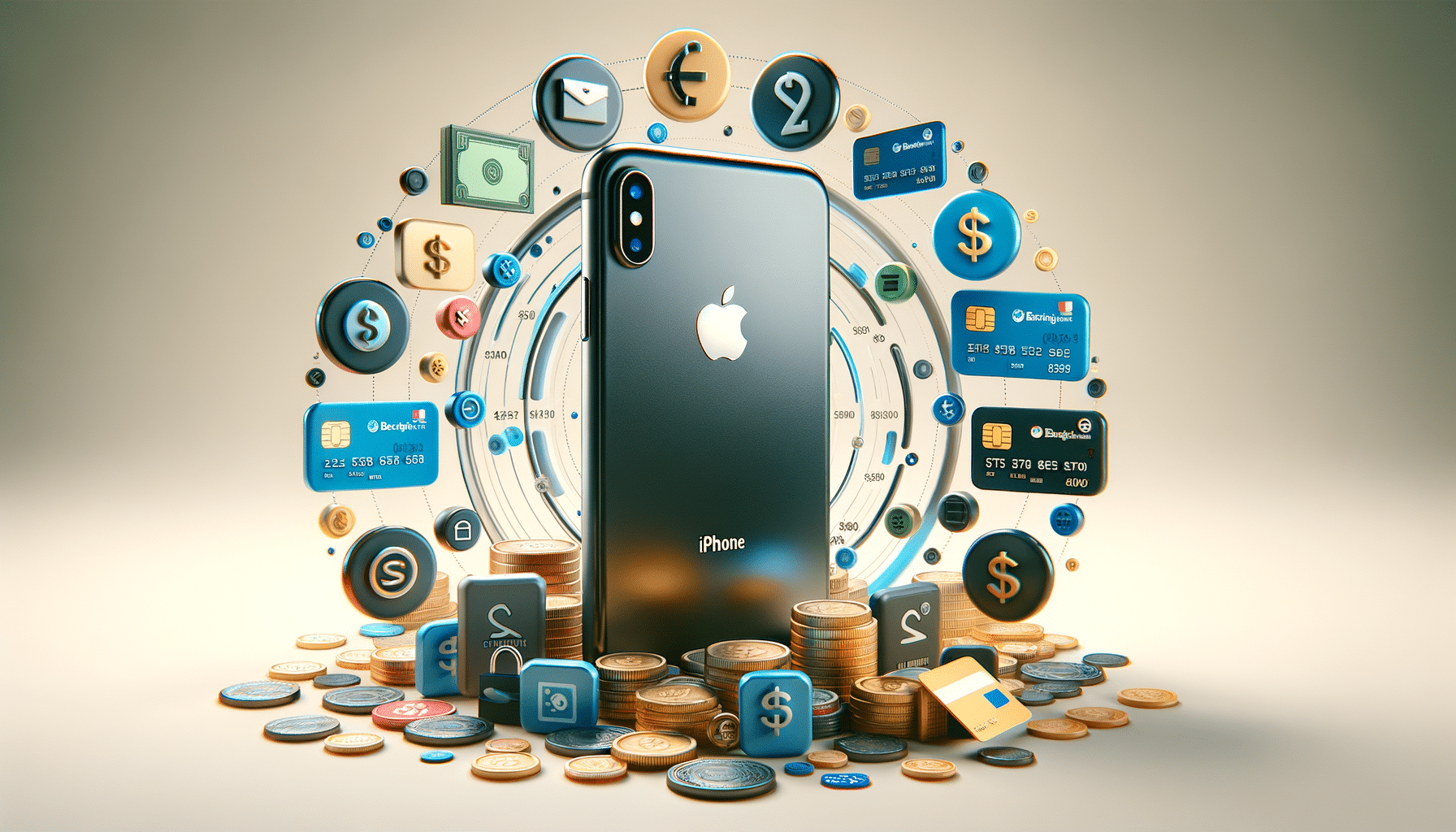
Explore more about remote medical receptionist
Introduction to Remote Medical Receptionists
In the realm of healthcare, the role of a medical receptionist has always been crucial. They are the first point of contact for patients, managing appointments, and ensuring smooth communication between patients and healthcare providers. With the advent of technology and the shift towards digital solutions, the concept of a remote medical receptionist has emerged as a significant innovation. This role not only maintains the traditional responsibilities but also adapts to a virtual environment, bringing new efficiencies and possibilities to the healthcare sector.
The Role and Responsibilities of a Remote Medical Receptionist
Remote medical receptionists perform many of the same duties as their in-office counterparts, but they do so from a remote location. Their primary responsibilities include scheduling appointments, managing patient inquiries, and handling administrative tasks. By utilizing digital tools and communication platforms, they ensure that patient interactions remain seamless and efficient.
One of the key advantages of remote medical receptionists is their ability to provide flexible support. They can manage multiple tasks simultaneously, often across different time zones, which can significantly enhance the accessibility and responsiveness of healthcare services. This flexibility is particularly beneficial for practices looking to extend their hours of operation without the need for physical office presence.
Moreover, remote receptionists can help reduce overhead costs for healthcare providers. By operating remotely, there is no need for additional office space or equipment, allowing practices to allocate resources more effectively. This cost-efficiency can be especially advantageous for smaller practices or those in rural areas where resources are limited.
Technology and Tools for Remote Medical Receptionists
The effectiveness of remote medical receptionists largely depends on the technology and tools at their disposal. Modern communication platforms, such as video conferencing and instant messaging, facilitate real-time interaction between patients and receptionists. These tools ensure that patient inquiries are addressed promptly and accurately.
Additionally, electronic health record (EHR) systems play a critical role in the remote receptionist’s toolkit. These systems allow for secure access to patient information, enabling receptionists to manage appointments and patient data efficiently. The integration of EHRs with scheduling software further streamlines the workflow, reducing the likelihood of errors and improving overall service quality.
Furthermore, the use of artificial intelligence (AI) and automation tools can enhance the capabilities of remote medical receptionists. AI-powered chatbots can handle routine inquiries, freeing up receptionists to focus on more complex tasks. Automation tools can also assist in appointment reminders and follow-ups, ensuring that patients remain engaged with their healthcare providers.
Challenges and Considerations for Remote Medical Receptionists
While the role of a remote medical receptionist offers numerous benefits, it also presents certain challenges. One of the primary concerns is ensuring data security and patient confidentiality. Remote receptionists must adhere to strict protocols to protect sensitive patient information, which requires robust cybersecurity measures and regular training.
Another challenge is maintaining effective communication within the healthcare team. Remote receptionists need to coordinate with doctors, nurses, and other staff members to ensure that patient needs are met promptly. This requires strong organizational skills and the ability to adapt to different communication styles and platforms.
Additionally, remote receptionists may face difficulties in establishing rapport with patients. Without face-to-face interaction, it can be challenging to build trust and a personal connection. Receptionists must therefore employ strong communication skills and empathy to create a positive patient experience, even from a distance.
The Future of Remote Medical Receptionists
The future of remote medical receptionists looks promising as healthcare continues to embrace digital transformation. The demand for remote services is expected to grow, driven by the need for flexible, cost-effective solutions in healthcare delivery. As technology evolves, remote receptionists will likely have access to even more advanced tools, further enhancing their ability to provide exceptional service.
Moreover, the role of remote medical receptionists may expand to include more specialized tasks. With ongoing training and development, they could take on additional responsibilities, such as patient education and support for telehealth services. This evolution could lead to more comprehensive and integrated care, benefiting both patients and healthcare providers.
In conclusion, remote medical receptionists represent a vital component of modern healthcare systems. By leveraging technology and adapting to new challenges, they can continue to play a crucial role in enhancing healthcare efficiency and accessibility.


